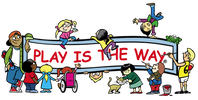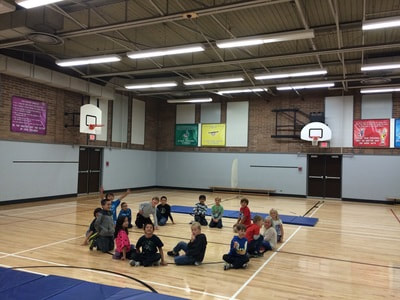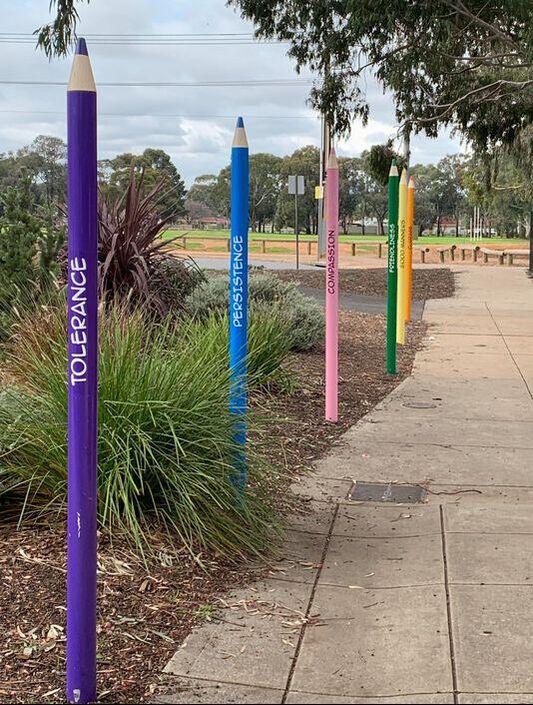PLAY IS THE WAY® is a practical methodology for teaching social & emotional skills using:
A unique program of physically interactive games (both require and develop personal and social competencies).
5 guiding concepts (embedded through classroom activities and serve as a moral compass to help children do what they believe is right as opposed to doing what they are told).
A specific and empowering self-reflective language (which helps children to master their behavior in preparation for a responsible life in free society).
A unique program of physically interactive games (both require and develop personal and social competencies).
5 guiding concepts (embedded through classroom activities and serve as a moral compass to help children do what they believe is right as opposed to doing what they are told).
A specific and empowering self-reflective language (which helps children to master their behavior in preparation for a responsible life in free society).
PLAY IS THE WAY® OBJECTIVES
|
To help the staff, students and parents of Elementary Schools create a
safe learning environment in which students train to be independent, self-regulating, self-motivated learners in persistent pursuit of their personal best and able to get along with each other. To help develop students of strong character and decency with the social and emotional competencies to live and learn well. To cultivate empathetic students, considerate of themselves, each other and the world in which they live with sound and good reasons for the things they say and do. |
|
A COMMON PROFILE OF PLAY IS THE WAY® SCHOOLS
|



